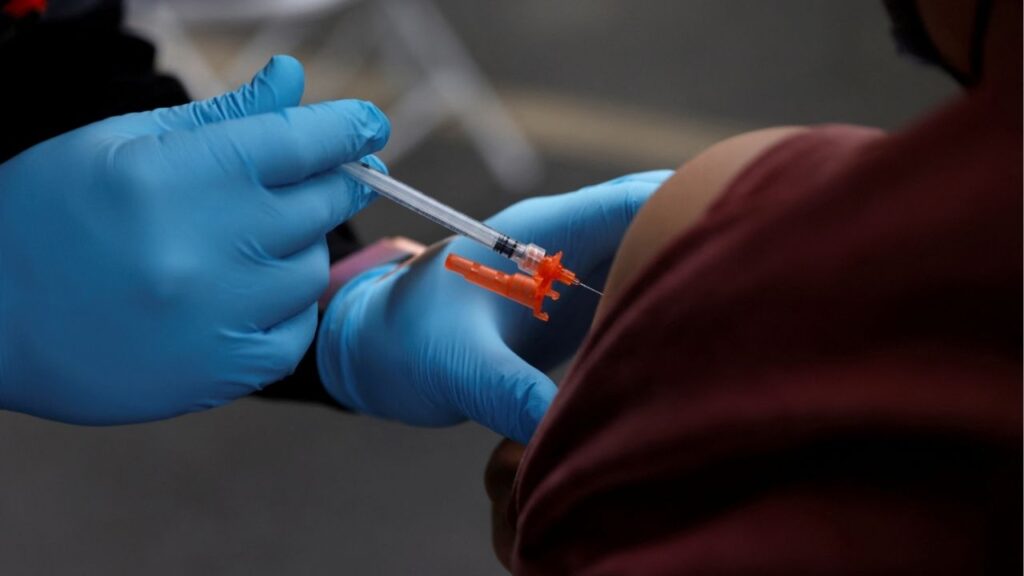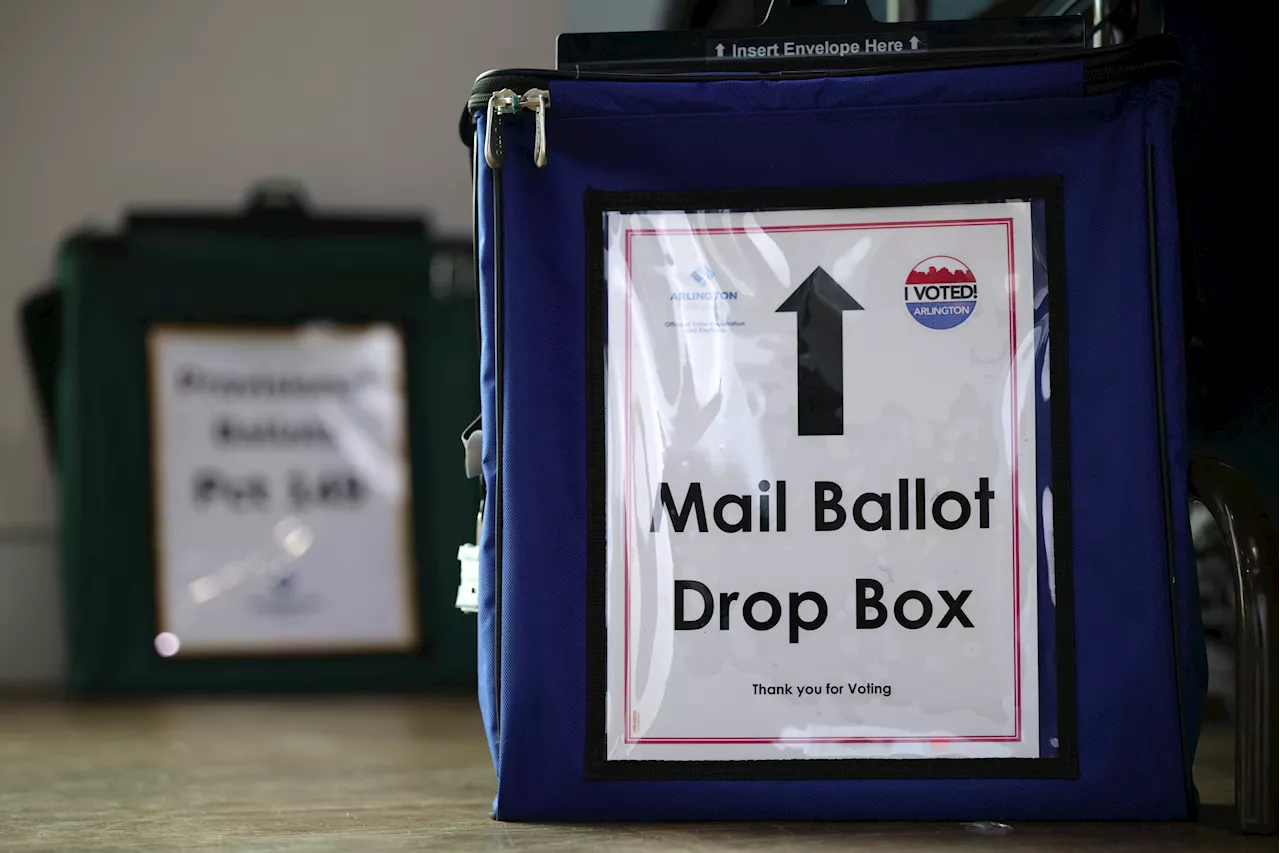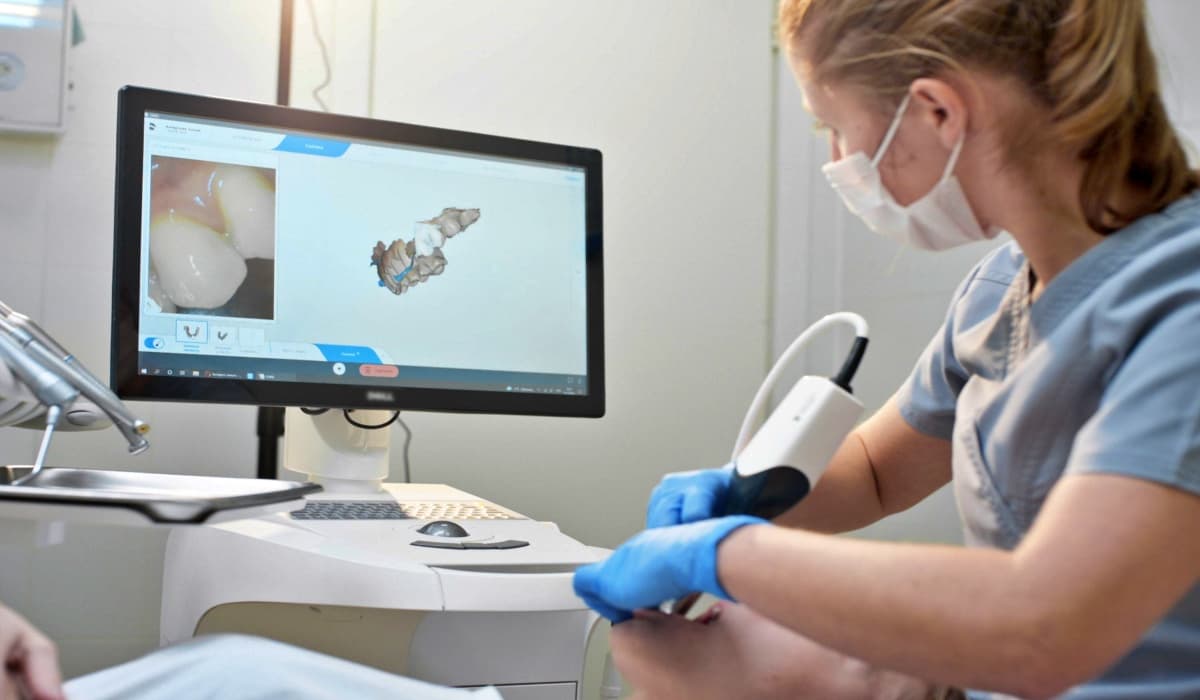
A panel of U.S. vaccine advisers has changed its longstanding recommendation regarding COVID-19 vaccinations. The Advisory Committee on Immunization Practices (ACIP), appointed by Health Secretary Robert F. Kennedy Jr., has decided that vaccines will now be available for all age groups based on shared clinical decision-making with healthcare providers. This marks a significant departure from previous broad endorsements of the COVID-19 vaccine.
During its recent two-day meeting in Atlanta, the ACIP panel faced considerable internal divisions about the future of immunization schedules in the United States. This shift follows a history of Kennedy’s promotion of views that challenge established scientific consensus regarding vaccine safety. The committee’s new stance indicates that while vaccines remain available, their recommendation will no longer be universal, allowing for more personal discretion in consultation with physicians.
Shift in Vaccine Guidelines and Safety Concerns
The decision to adopt a more flexible recommendation came after extensive discussions and presentations, many of which revisited fundamental scientific principles typically addressed by the Food and Drug Administration (FDA) prior to vaccine approval. The ACIP’s vote also aligned with its previous decision to restrict the use of the combined measles-mumps-rubella-varicella (MMRV) vaccine for children under four, reflecting ongoing scrutiny of vaccine safety among the advisory members.
The current panel, reconstituted this year under Kennedy, includes several members who have previously expressed concerns about routine vaccinations and have been critical of COVID-19 shots. Notably, five members began their terms just earlier this week, contributing to the panel’s evolving perspectives.
Members of the working group focused on COVID-19 vaccines raised potential safety issues that they believe necessitate further investigation. In contrast, major pharmaceutical companies, including Pfizer, which collaborates with BioNTech, along with Moderna and Sanofi partnering with Novavax, defended the safety and efficacy of their vaccines.
The Centers for Disease Control and Prevention (CDC) presented data indicating that COVID-19 vaccinations significantly reduce the risk of emergency department visits for both children and adults. The data also highlighted that hospitalization rates due to COVID-19 have been particularly high among adults aged 65 and older, as well as infants under six months.
The ACIP’s revised recommendations come at a time when public confidence in vaccines is under scrutiny and when conversations about vaccine safety are becoming increasingly pertinent. As the landscape of immunization continues to evolve, the implications of these decisions will likely resonate within healthcare discussions across the country.
As the situation develops, attention will be focused on how these changes affect vaccination rates and public health outcomes in the broader context of the ongoing pandemic.







